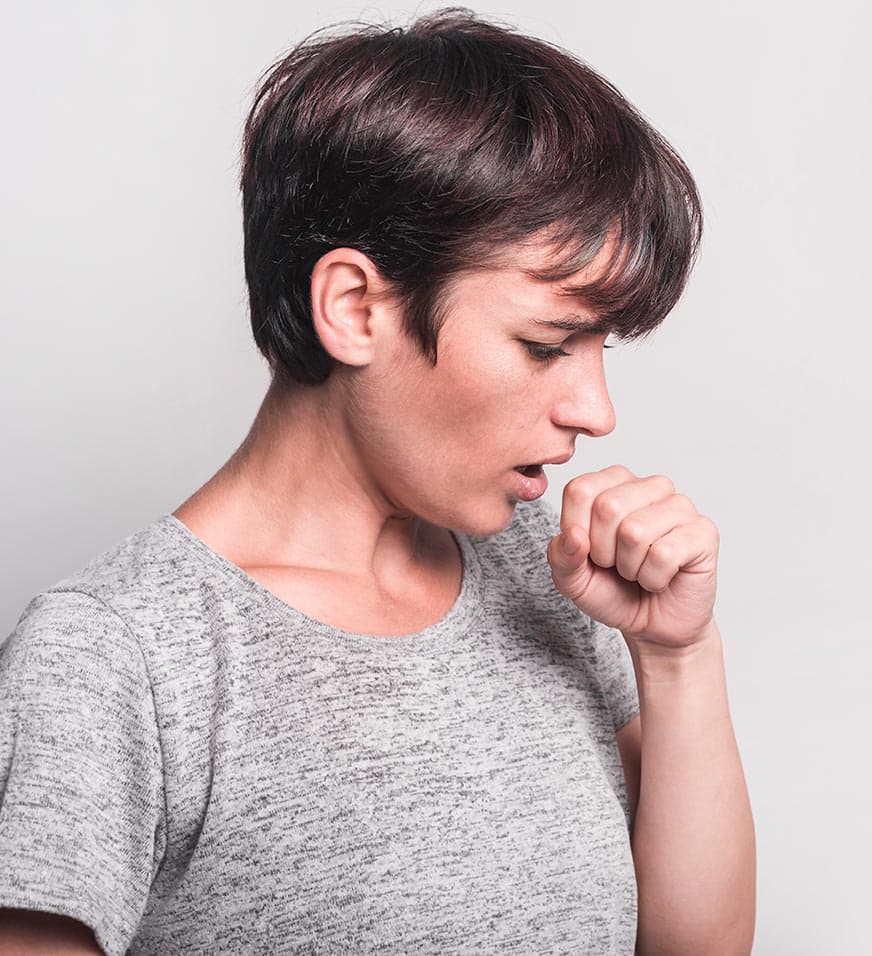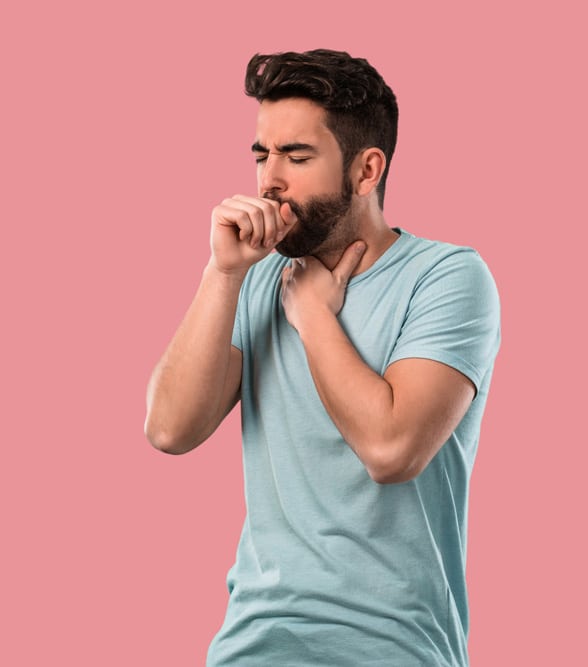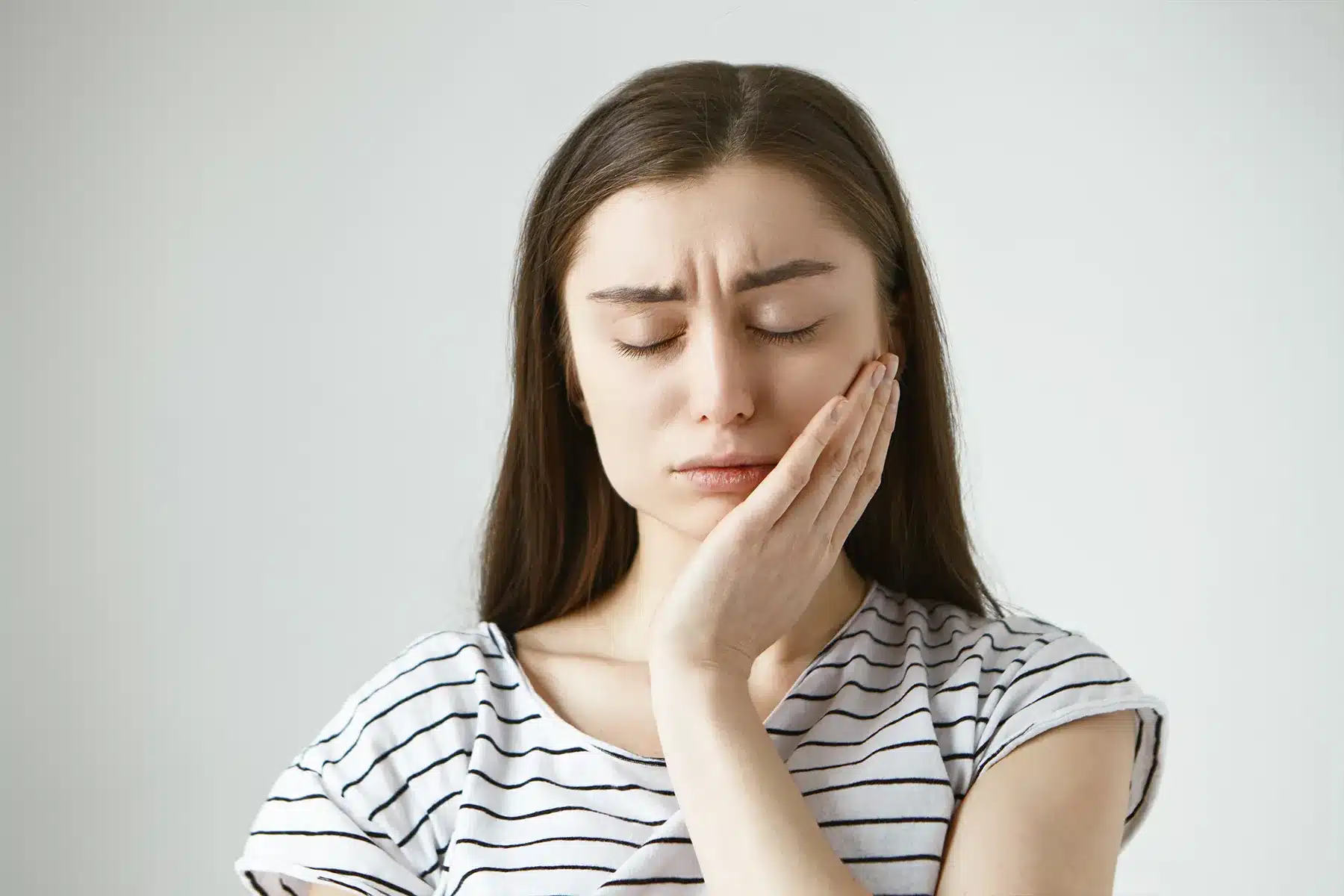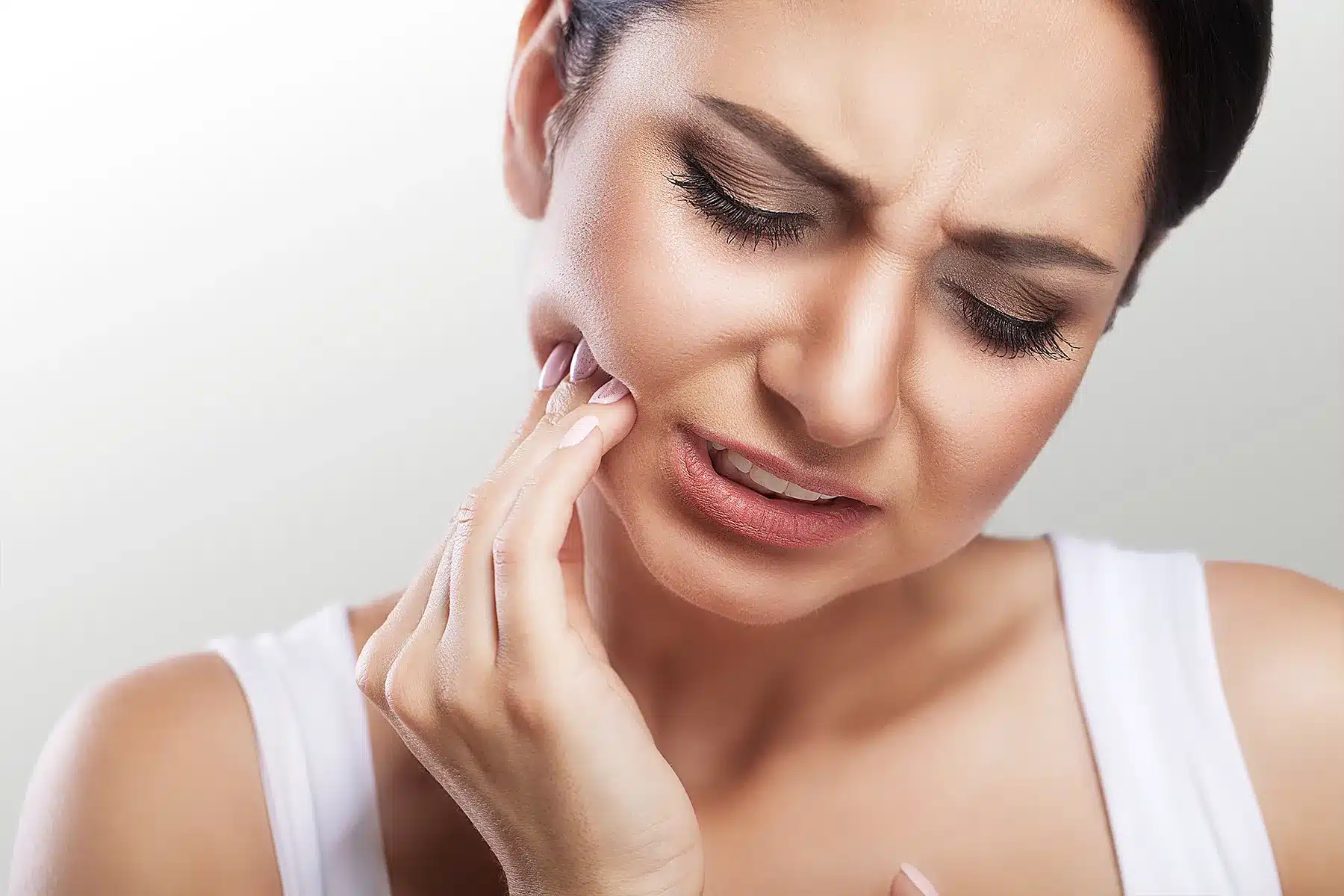Latest information
Responsible for your dental emergencies we, at 24h Emergency Dentist, remain open at the current time until further instructions by the Government in relation to the widespread coronavirus (COVID-19).
If you experience any (or both) of the below symptoms, please follow the official advice by the NHS and self-isolate for a period of 7 days, until the contagious stage has passed. The known symptoms of coronavirus are:
- high temperature;
- new, continuous cough.
If you have underlying health conditions, cannot manage the symptoms on your own, or experience worsening of the symptoms within the first 7 days or no improvement after that, please call 111 for advice.





